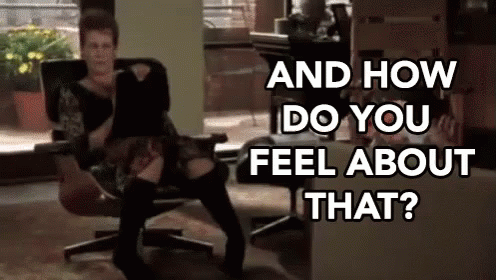From the “Reader – response criticism” by Tyson, I found the psychological theory to be the most intriguing. This is the idea that a reader interprets a text as a means for resolving their issues. For example, a critic of this theory (Holland) believes that the “coping process is interpretation,” which has a goal to “fulfill our psychological needs and desires” (174). This approach seems like a therapeutic way to interpret characters and events by projecting our thoughts and problems onto them; ultimately, aiming at a way to cope with our predicaments. This method would be useful in gaining practice on thinking more in depth and acquiring a deeper understanding for why certain characters do the things that they do.
Even though this method can be beneficial to the reader, is it possible that the reader can get carried away? If the reader just interprets the text through their emotions, could their interpretation stray from allowing the text to be a blueprint for their analysis? If so, a psychoanalyst would be breaking some of the big fundamental rules of reader-response criticism, such as the importance of both the reader and the text working together to form an analysis.
From the text to the reader:
https://www.google.com/imgres?imgurl=https://media.tenor.com/images/c7fcfc1d8962c8fb4fb9675734f15b10/tenor.gif&imgrefurl=https://tenor.com/search/that-feel-gifs&h=124&w=220&tbnid=W9wJbqXuVjegaM:&tbnh=124&tbnw=220&usg=__ToKfQ1R7M37wK1e9r90HsfDy2zU%3D&vet=1&docid=fnijf70IixLqHM

No comments:
Post a Comment